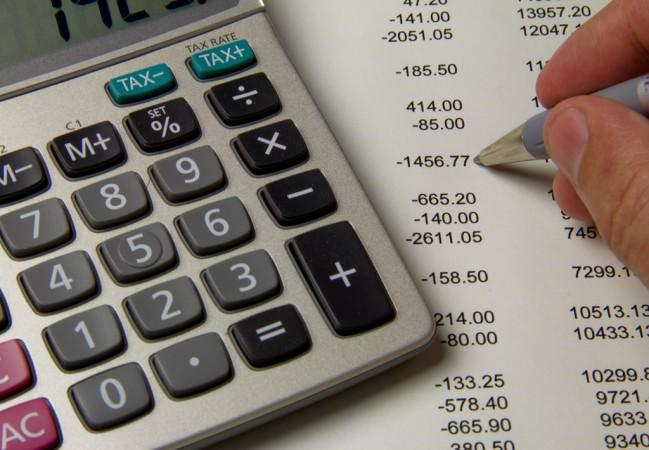
The Seventh Pay Commission and implementation of GST could have inflationary repercussions, with prices expected to rise temporarily, according to an HSBC report on Sunday.
Both the GST and HRA increase have kicked in from July 1 and though the pay commission allowances are likely to bump up inflation, the Reserve Bank is expected to cut repo rate by 25 basis points (bps) in its August meeting, HSBC said.
One basis point is one-hundredth of a percentage.
"...our assessment is that once the statistical impact wears off, inflation will return to 4 per cent handle in 2019, we continue to expect the RBI to cut the repo rate by 25 bps in the August meeting," the HSBC report said.
As the Centre implements HRA increase, headline inflation is likely to rise by about 65 bps for a year and if the states follow suit and implement the increase as one block, inflation would rise by another 65 bps, HSBC said.
However, if the Centre implements the HRA immediately and the states in a staggered manner over two years, then inflation would rise quickly at first, but would go back to the 4 per cent target in 2019, as the statistical impact fades.
The Union Cabinet had on June 28 approved the recommendations of the Seventh Pay Commission with 34 modifications which will impose an additional annual burden of Rs 30,748 crore on the exchequer.
On the contrary, the report said, GST is expected to help lower inflation by 10-50 bps over time. "The tax rates have been set such that, if over time tax cuts are passed on to final consumers, and the input tax credit mechanism works smoothly, the GST could actually lower inflation by 10-50 bps," the report said.
On the fiscal front, the allowances are likely to cost the centre 0.1 per cent of GDP more than budgeted in 2017-18, HSBC said, adding that for now this could be managed with "cuts elsewhere".





![Ultrahuman launches Ring PRO, free charging case with more than just power and Jade AI [details]](https://data1.ibtimes.co.in/en/full/829151/ultrahuman-launches-ring-pro-free-charging-case-more-just-power-jade-ai-details.png?w=220&h=138)











